Vikram Kapila is a professor in the Department of Mechanical and Aerospace Engineering at NYU Tandon School of Engineering. Vikram and his research associate Purvee Chauhan recently published a book titled STEM Education with Robotics: Lessons from Research and Practice that captures two decades of their work integrating robotics into STEM education. This includes working with over 500 teachers and influencing the STEM learning experiences of more than 16,000 students. By covering important theoretical constructs and showcasing their effective deployment in the classroom, the book offers a wealth of knowledge for educators, and researchers, interested in STEM education,
Vikram reached out to me out of the blue asking if I would be willing to write a foreword for his book, in part because their work made extensive use of the TPACK framework. After seeing the breadth and depth of their work, I was more than thrilled to do so. I reached out to my partner in crime, Danah Henriksen, and we co-authored this piece together. It’s a small article, but I think, it came together well. We start the origin of the word “robot” and the person who first came up with it. The, now almost forgotten, author and playwright, Karel ?apek.
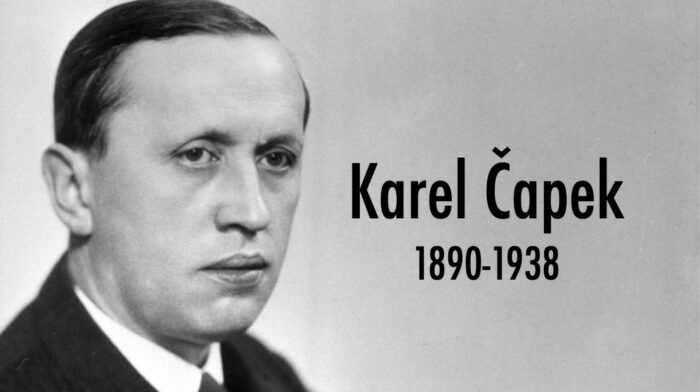
This is how we start the piece:
In the early 1920’s a young Czech playwright, Karel ?apek, was at work on a play. Up to that point, he had minor success as a journalist and a political critic, and this was his first foray into writing for the theater. It was a play based in the future, a piece of science-fiction long before science-fiction had become an established genre. In this somewhat dystopian play, Karel described a day at a factory populated by artificial people, created from synthetic organic matter, who took care of most of the work typically done by humans. Since these beings were crucial to the story he was trying to write, he needed to find an appropriate name to describe them. He struggled to devise a name for these workers, initially considering calling them labori, from the Latin labor, for work. Not satisfied with that neologism, he turned to his brother and frequent collaborator, Josef ?apek, for inspiration. Josef suggested the word roboti (which also meant labor or hard work in the Slavic languages). Karel liked the suggestion, thus, the word roboti ended up in the title of his play: RUR or Rossumovi Univerzální Roboti. The play premiered at the prestigious Prague National Theater on January 25, 1921 to positive reviews, and was soon translated into multiple languages and performed across the world. It premiered in New York City in October 1922, where none other than Spencer Tracy (the soon to be Hollywood superstar) played a word-less robot. Karel went on to write more plays, stories, and other politically engaged works in favor of free expression and in opposition to fascism and communism. He was nominated seven times for the Nobel Prize in Literature, though he never won the award. He died at home of pneumonia in 1938 just before he was about to be captured by the Gestapo for his anti-fascist views. His brother, the person who actually coined the word roboti, was not as lucky, and died in a concentration camp.
We must recognize that despite his literary fame when alive, Karel ?apek’s work is barely remembered today. And the one thing he is remembered for is coming up with the word robot. Though there had been earlier descriptions of human-like automatons, and ?apek’s creations are more akin to what we would now call androids, the word, robot, has stuck—particularly once it entered the English language in translation as Rossum’s Universal Robots.
A pre-publication version is linked below.
Mishra, P., & Henriksen, D., (2023). Foreword. In P. Chauhan and V. Kapila. STEM Education with Robotics: Lessons from Research and Practice. Routledge.

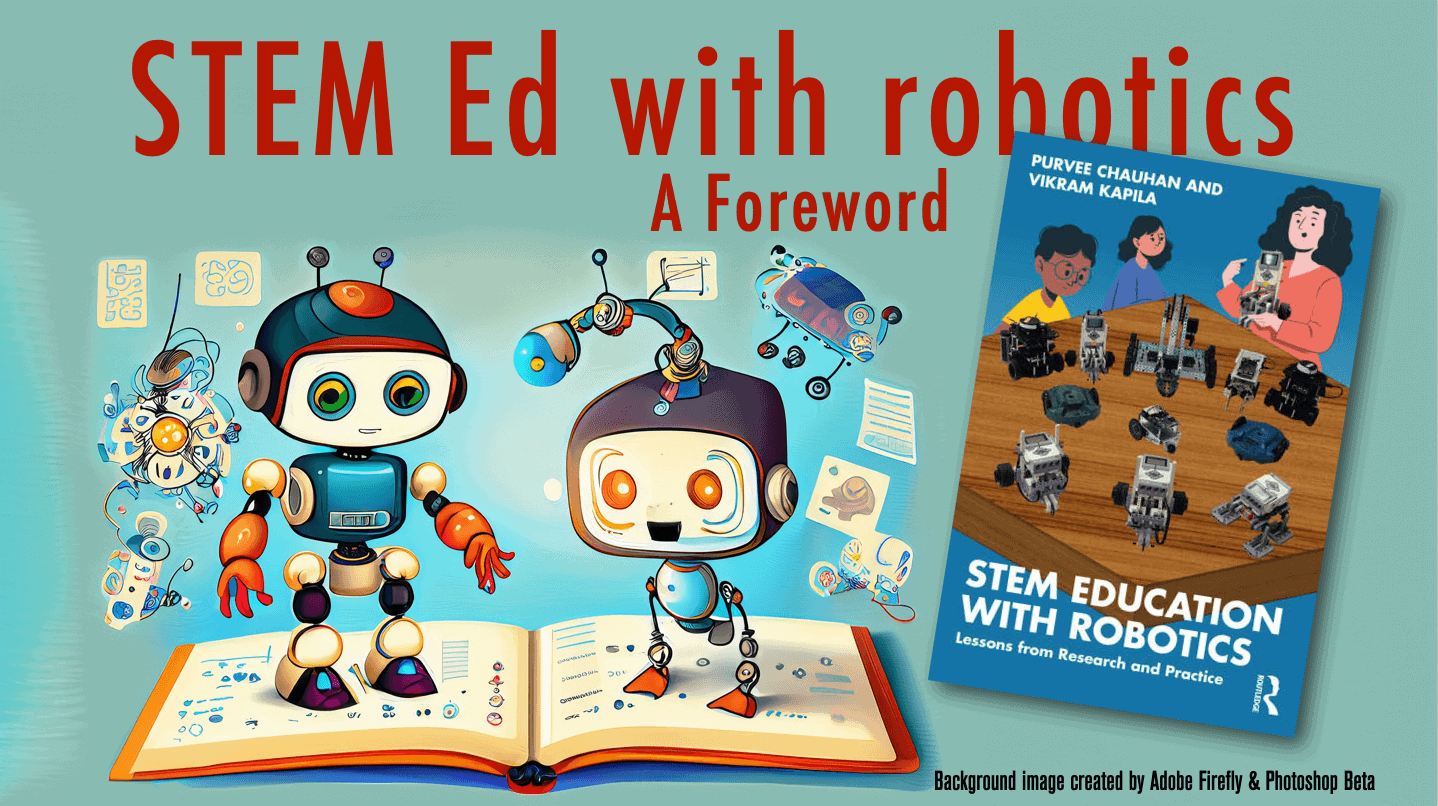
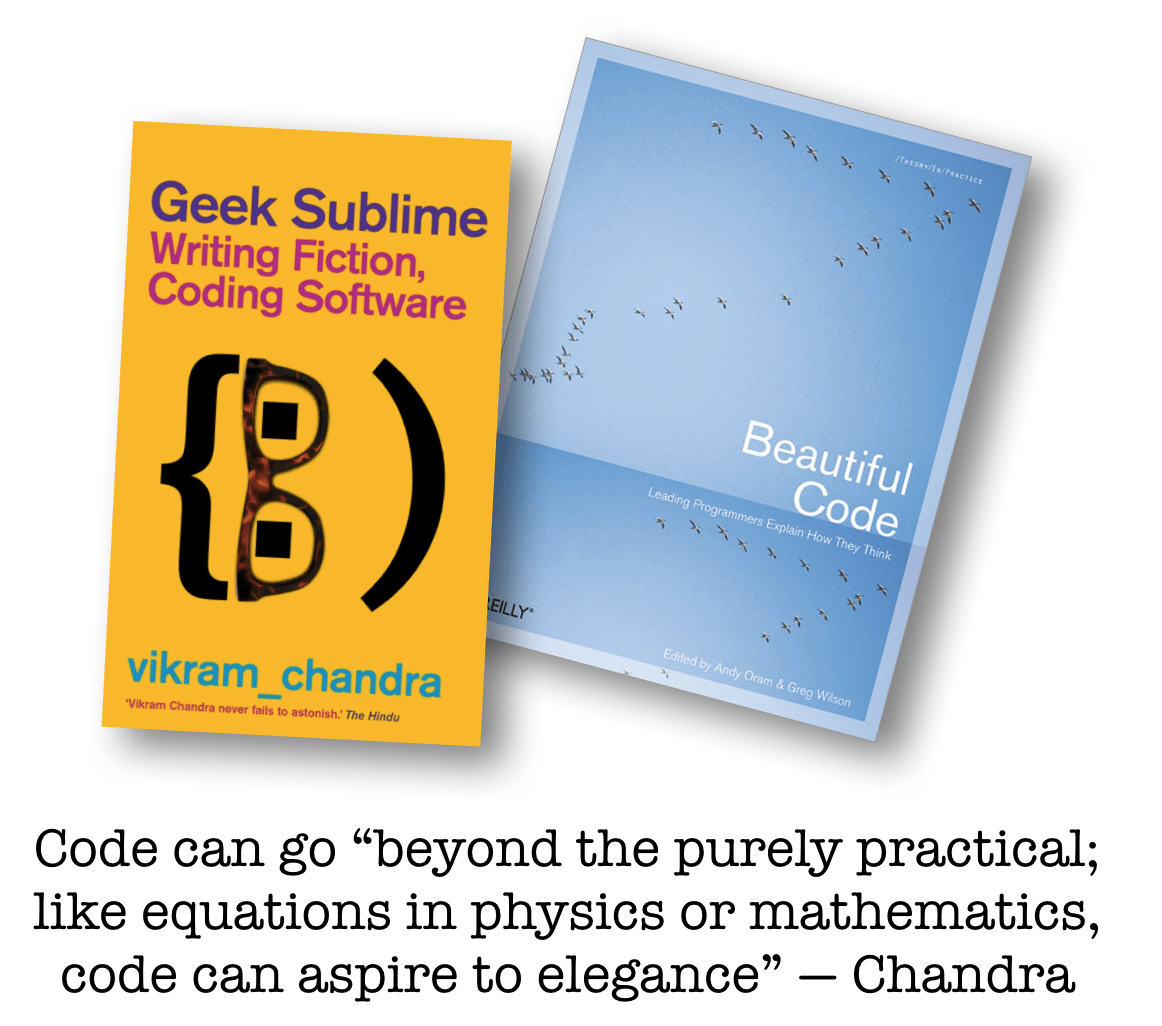
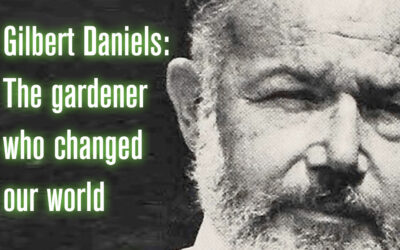
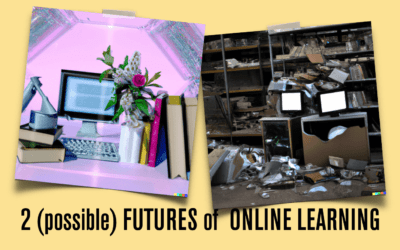
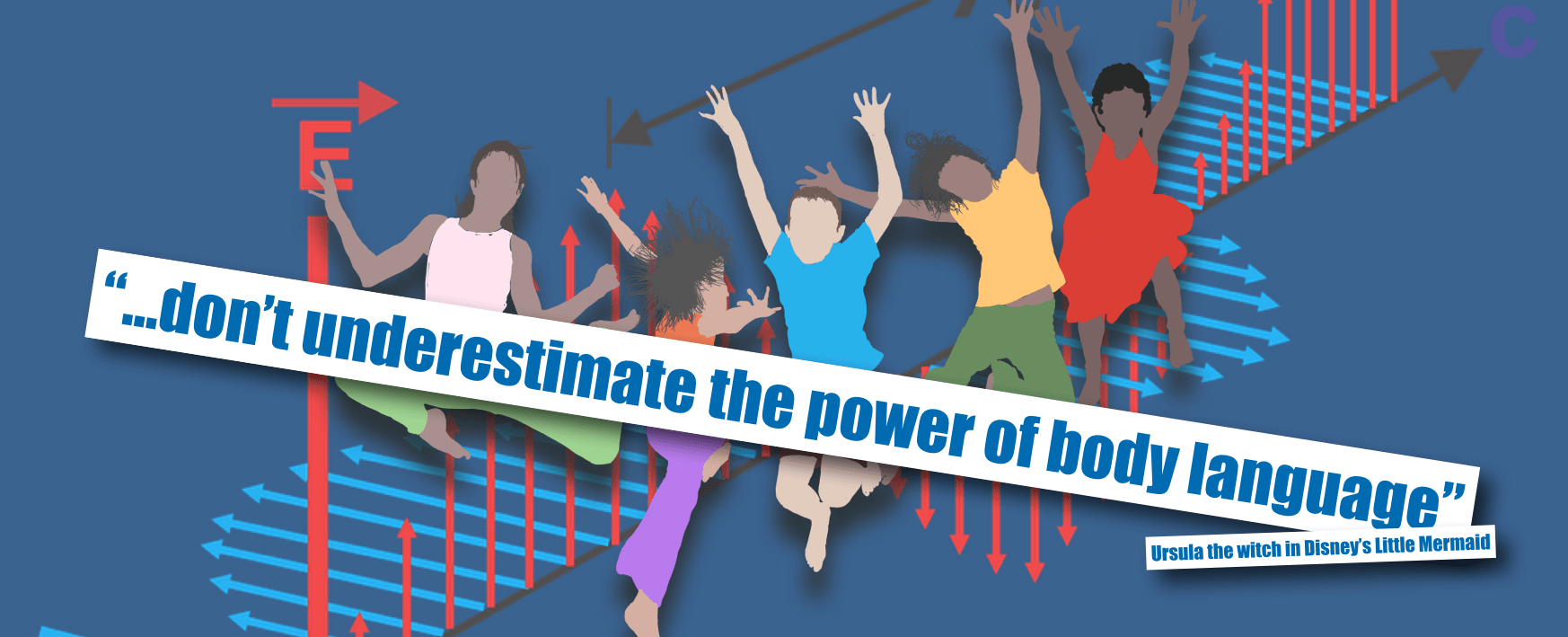
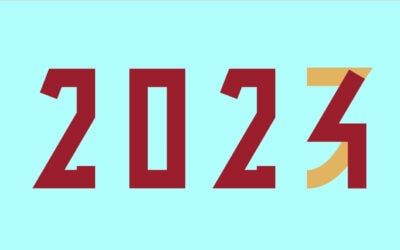
0 Comments